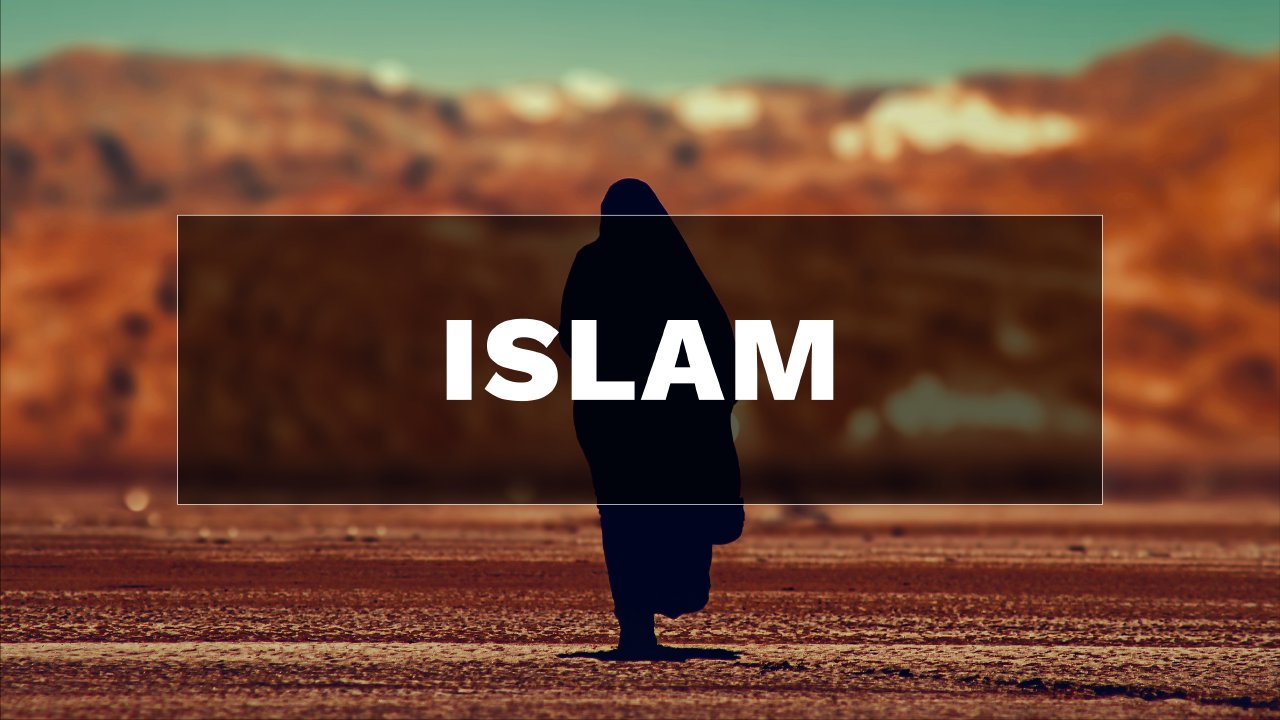Five Pillars of Islam are required behaviors of Muslims:
- Reciting the creed: Confessional statement: “There is no god but Allah, Mohammed messenger.”
- Daily prayer: Five times a day
- Fast of Ramadan: A month-long fast to commemorate Mohammed receiving Qur’an
- Giving alms: Give 2.5% of their money to serve the poor and needy
- Pilgrimage to Mecca: At least once in a lifetime

Five Pillars of Islam
Alan Shlemon
More from
Islam



